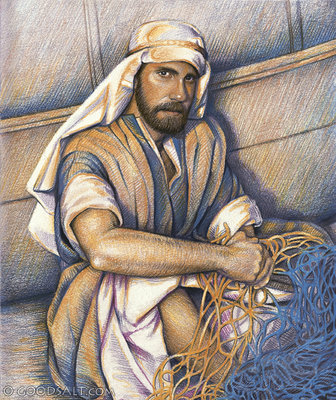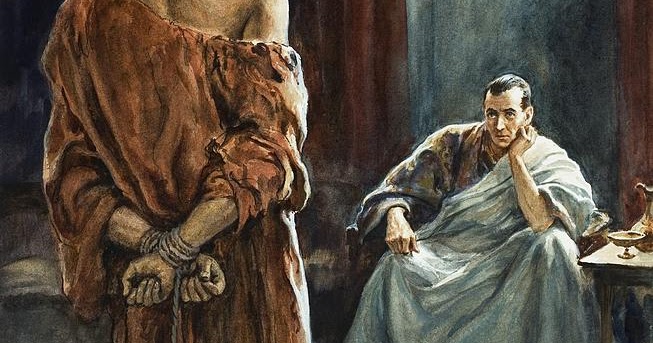With Covid cases dropping in many places around the world and more people being vaccinated, I’m starting to hear how things will get back to normal again. Unfortunately, looking at the empty pews in the church at Mass on Divine Mercy Sunday, for many people normal means going to Mass only at Christmas and Easter.
We aren’t the first ones to look at the post-Easter Sunday as a return to secular normalcy. Some of the apostles also believed that they would resume their lives prior to following Jesus. Peter talked about how he would go back to fishing (John 21:3). In a way, it did seem like Jesus’ life, death and resurrection were just a moment in time for the apostles much like how Easter Sunday comes and goes for many of us without a lasting effect.

Of course, Easter Sunday isn’t just a single day of prayer and celebration before resuming our normal lives. In fact, the Easter season lasts 50 days. Much like how Lent is 40 days of preparation, Easter is 50 days of celebration! That should be 50 days of continual prayer, reading scripture, and giving thanks to God. It’s not a time to go back to normal and forget about God until Christmas.
The Rosary
I know you might find it strange meditating on the Sorrowful Mysteries during the Easter season. But I think we can meditate on the Second Sorrowful Mystery and the question posed by Pontius Pilate. It’s a small question, but worth extra thought.
“What shall I do, then, with Jesus who is called the Messiah?” Pilate asked.
Matthew 27:22
Pilate’s solution was to let the people crucify Jesus. In other words, get Jesus out of the way. By getting rid of Jesus, Pilate thought he would rid the world of his teachings so things can get back to normal. The Pharisees would stop being called hypocrites. They wouldn’t bother Pilate about matters of little interest to the Roman empire. The people would go back to following the Mosaic Law instead of following Jesus’ teachings and questioning the Pharisees.

“What shall I do, then, with Jesus who is called the Messiah?”
Many of us act the same way after Easter Sunday. We just want to get Jesus out of the way and return to the status quo. Maybe it’s because we’re fatigued from 40 days of Lent and fasting. Or perhaps you didn’t fast during Lent and don’t want the Easter season to continually remind you how you fell short of your goals. Or you don’t want to think about going to Mass every single Sunday, receiving the Sacrament of Reconciliation, praying, and all that other stuff the Church “makes” us do. Some of us, even the most faithful, want to get Jesus out of the way because Jesus’ way is a difficult one.
In this season of Easter, let’s not think of our faith as a burden and something to be avoided. Put yourself in the shoes (or sandals) of the first disciples and think of the joy they must have felt when they learned that Jesus had risen. Were they confused and maybe a little scared? Probably. Did they immediately understand what it all meant? Not really. We may also be confused about what Jesus’ rising from the dead means to us. But like the early Church grappling with Christ’s resurrection, we have this whole Easter season to ask ourselves what we should do with Jesus.
